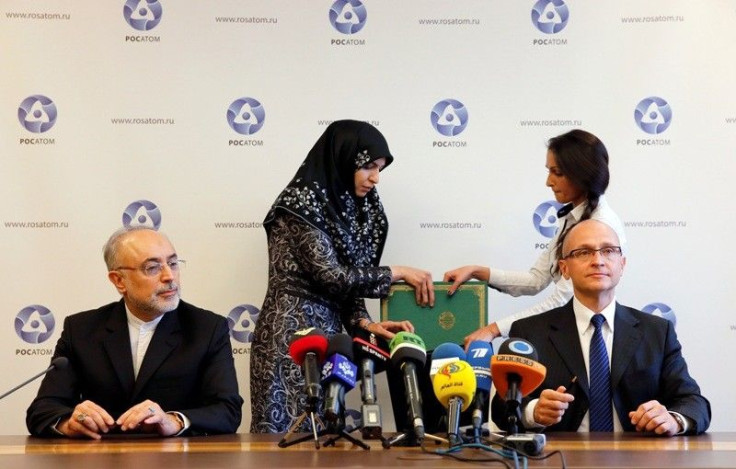Russia's Corruption In Nuclear Industry A US Concern And 'Threat' To National Security; FBI Still Investigates

The Federal Bureau of Investigation continues to investigate bribery allegations in Russian uranium sales to the United States. The seven-year-old probe has been described as another indication of tense relations between the U.S. and Russia.
The probe reflects the concern of the U.S. on crime and corruption in the post-Soviet Russia era. It is also an indication that the West continues to worry about nuclear stockpiles and national security since the Cold War, reports WSJ.
The FBI had failed in its effort to enlist the help of Vadim Mikerin, a Russian nuclear executive and the former director of a Rosatom subsidiary, in its planned undercover operation, according to court records. The agents had asked Mikerin to work for the FBI undercover in an investigation of senior Russian energy officials who were suspected of taking bribes from contractors handling the uranium. The document detailing the effort was supposed to be sealed but was erroneously placed in a public database of the federal court system.
Mikerin is currently in a Maryland prison waiting for his trial. He was arrested on Oct. 29, 2014 and was charged for asking bribes from a lobbyist, reports RT News. The 55-year-old Russian has entered a plea of not guilty. Atty. Scott Balber of Herbert Smith Freehills LLP, the lawyer representing Rosatom’s civilian nuclear division, said the company is conducting an internal investigation on the matter. He added that no evidence was uncovered that the alleged misconduct involved company officials.
Court documents revealed that Mikerin had overseen the sale and shipment of Russia’s uranium to the U.S. The country’s nuclear power plants will then use the uranium to generate electricity. Most of the uranium was taken from decommissioned nuclear warheads in a program designed to prevent terrorists or “rogue states” from getting their hands on nuclear devices.
The 10-year program expired in 2013 and saw the removal of thousands of nuclear weapons from military bases that had poor security across the former Soviet Union. Russia welcomed the program since it needed cash. WSJ said the Russian embassy had declined to comment about the matter.
U.S. officials have long been worried about the corruption in Russia’s nuclear industry. If briberies continue, there is a possibility that weapons grade materials will be taken by criminal minds. “Corrupt insiders are a huge threat to nuclear security,” said William Tobey, former deputy administrator of the National Nuclear Security Administration. He believes it is considered a “national security threat” due to corruption in Russia’s nuclear industry.
(To report problems or leave feedback to this article, contact: r.su@ibtimes.com.au)





















